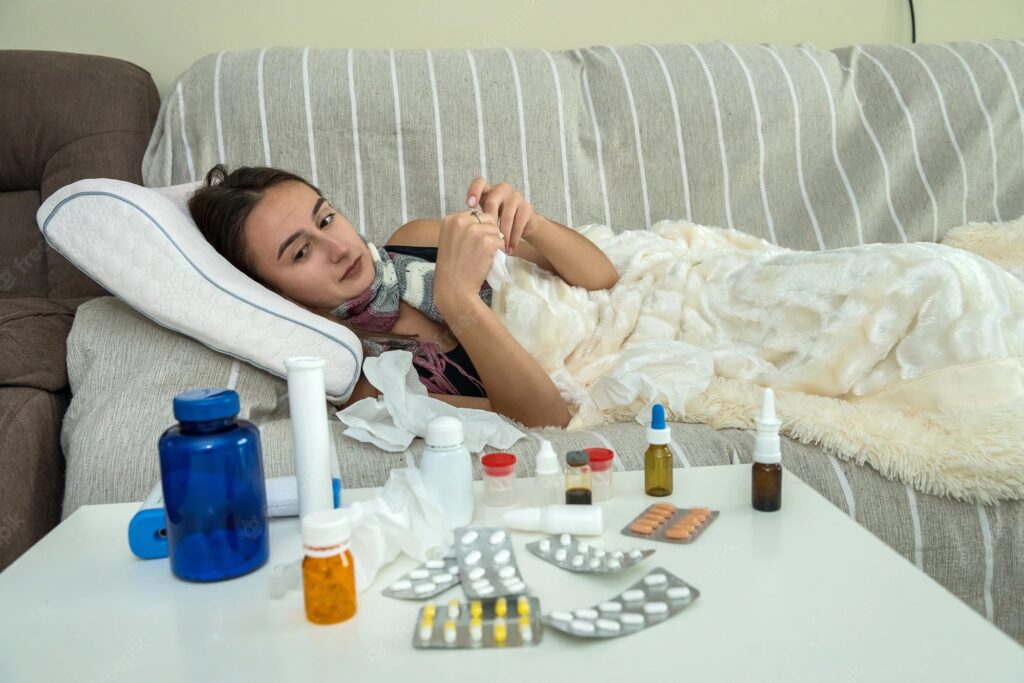A minor home infection could lead to further complications if left untreated. The sooner you get treatment the better because a home infection is almost always the result of an existing problem.
This article will explain what constitutes a minor infection, explain why you shouldn’t ignore these types of infections, and offer advice on how best to deal with them should they occur at home.
What Constitutes A Minor Infection?
Let’s start by defining what constitutes a minor infection. Infections are classified based on their severity. Minor infections are generally not serious, but also don’t get better on their own.
Common signs of a minor infection include:
- Redness
- Warmth around the injury
- Swelling
- Pain
- Tenderness
- A discharge or pus
When You Should See A Doctor About An Infection
Most home infections are minor, but that doesn’t mean you should ignore them. If an infection persists, you risk it spreading and getting worse. In some cases, infections can even result in death.
If you have a minor infection, it’s recommended that you visit a doctor or an express clinic at the earliest opportunity. If you are unsure about the severity of your infection, your doctor will be able to give you advice on how best to proceed.
If you suffer from a chronic condition or have a weakened immune system, you are at a higher risk of succumbing to a minor infection. For this reason, it’s recommended that you visit a doctor if you have even the slightest infection.
How To Treat A Minor Infection At Home
Most home infections are treated with antibiotics. It’s worth noting that minor infections are the most common reason why antibiotics are prescribed.
If you have an infection, it’s best to get treatment as soon as possible. Antibiotics are one of the best treatments for infection and can be bought over the counter.
You should start taking antibiotics immediately after diagnosis, or as soon as you notice the first signs of an infection. It’s worth noting that antibiotics come with side effects, and should be taken exactly as prescribed by your doctor. Failure to do so may result in treatment failure.
Bottom Line
The best way to deal with a minor infection at home is to visit a doctor as soon as you notice the first signs. If antibiotics are prescribed, make sure you take them as directed.
In most cases, antibiotics will clear up an infection in three to five days. In some cases, an infection may require a prescription for additional medication. If you have a minor infection, it’s important that you don’t ignore it, as it could lead to further complications.


